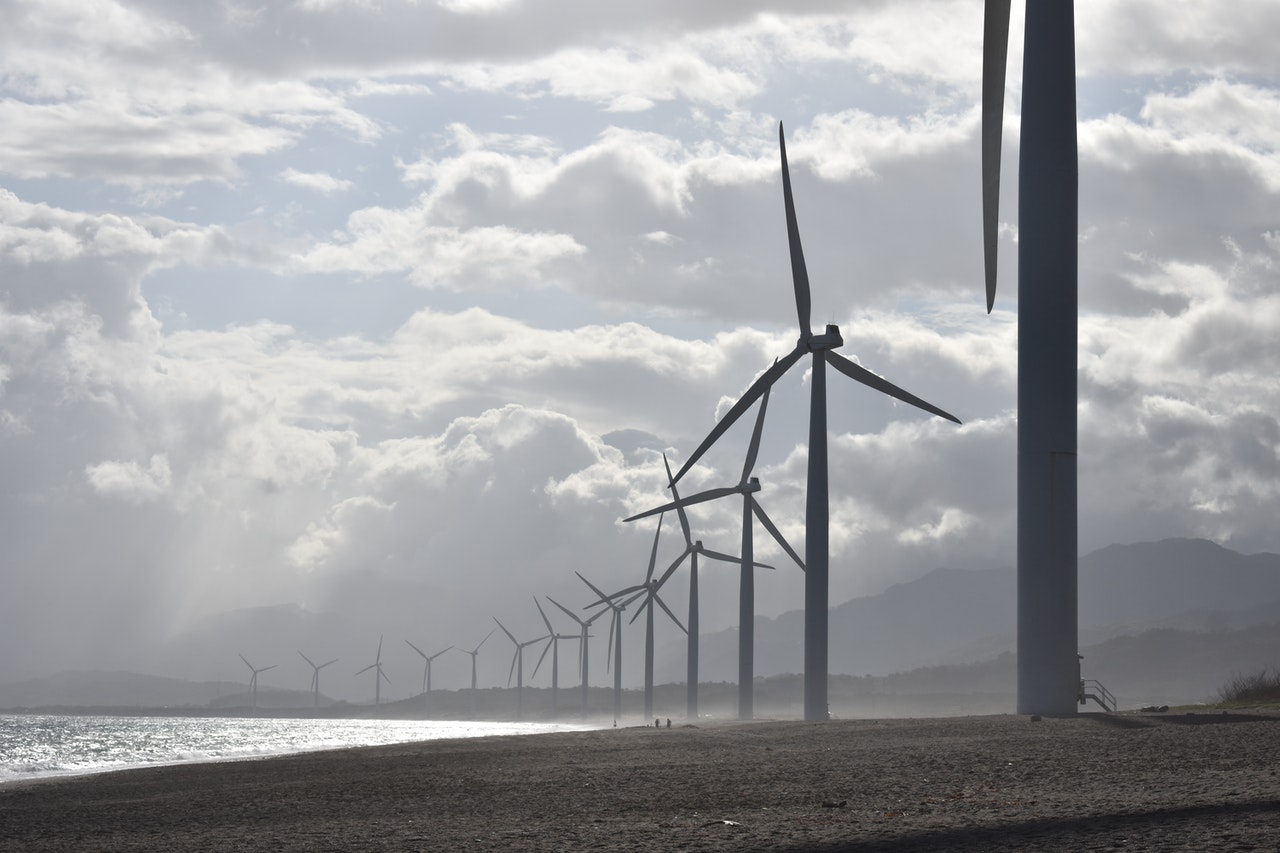EU legislators are working to maximize efforts to raise energy efficiency targets. Bloomberg reported that the move is fueled by a worsening energy crisis and rising energy demand, threatening the bloc’s climate goals.
Representatives of the sectoral committee of the parliament held a vote on Wednesday, which resulted in the approval of a reduction in energy consumption in the EU by 14.5% by 2030. As an example, statistics for 2020 are given, the predicted consumption exceeded 13%.
The measures taken are largely due to the desire and need to get out of dependence on the Russian fuel supplier in the form of oil and gas. Therefore, support was also approved for increasing the share of renewable energy sources to 45% of final energy demand, which was proposed by the Commission a little earlier.
The voting results show a trend in which the bloc’s climate targets remain broadly in place. This is despite the rising cost of energy, which significantly impacts consumers, and the need to resort to burning more fossil fuels.
In just the past month, progressive steps have been taken in developing a number of environmental laws, which paved the way for the final negotiations planned for the end of this year. The results of the talks will move the EU towards climate neutrality by mid-century.
From now on, the control of renewable energy sources and the regulation of energy efficiency will be subject to parliamentary votes in September. Next week, the Commission is putting forward a plan to reduce energy demand across the EU bloc.

